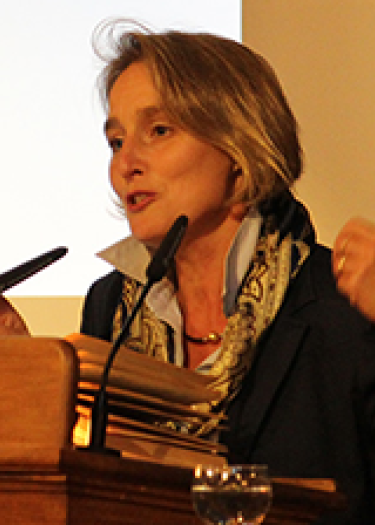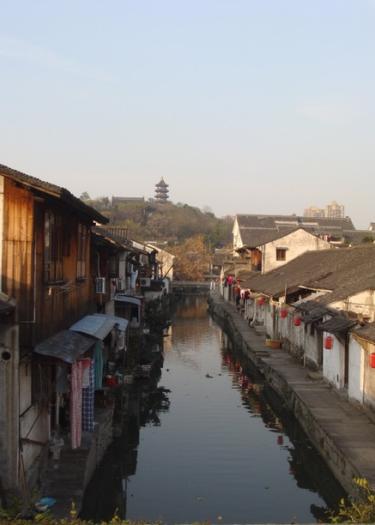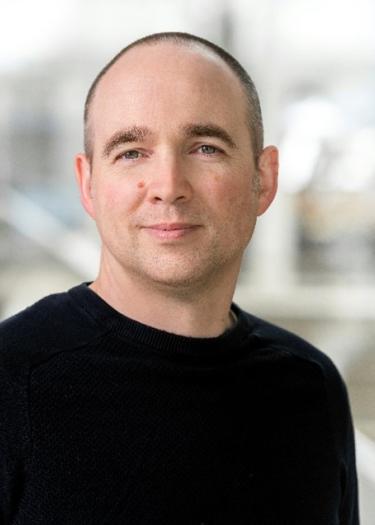Junges Kolleg Epochal Life Worlds—Narratives of Crisis and Change
Epidemics, earthquakes, industrial accidents, and floods are apocalyptic catalysts: They threaten planet Earth as a life world. At the same time, they mark the beginning of radical metamorphoses, heralding new eras – which also entail new depictions and conceptualizations of the world. Therefore, catastrophes and moments of crisis are tipping points, which bring about long-term, impactful, epochal changes in life worlds. Only rarely can it be clearly discerned who is responsible for these changes. Historical epochs are often described with reference to humans, nature, and technology (Ice Age, Stone Age, Age of Printing, Digital Age, Anthropocene). The project “Epochal Life Worlds: Narratives of Crisis and Change, which is based at the Heidelberg Centre for Asian and Transcultural Studies (CATS), focuses on their interplay in moments of collapse and “critical transitions.” We particularly study epochal moments of crisis and their emotional processing and representation through texts, climate data, and statistics on technical and demographic development as well as cultural products such as music, literature, art, and film, among others.

The project “Epochal Life Worlds” is part of the Joint Center for Advanced Studies “Worldmaking from a Global Perspective: A Dialogue with China”. Funded by the Federal Ministry of Education and Research (BMBF) since November 2020, the Joint Center is characterized by its highly integrated network system. It brings together scholarly teams from Freie Universität Berlin, Georg-August-Universität Göttingen, Ruprecht-Karls-Universität Heidelberg, Ludwigs-Maximilians-Universität München and Julius-Maximilians-Universität Würzburg. In close collaboration with German and Chinese researchers from various disciplines, these teams investigate existing notions of “world” and practices of “worldmaking” from different angles.
We understand “worldmaking” as a process through which actors create a specific, comprehensible notion of totality, which may have socially soothing effects. This totality is both part of concrete, lived reality and a product of our imagination. It becomes tangible both physically and socially but also mentally and in a metaphorical sense. The creation of worlds can thus take different forms and be realized through various types of action and materials across time and space. The study of worldmaking therefore requires a multifocal and diachronically oriented approach. The Center moreover calls for perspectives which deliberately counter resurgent Eurocentrism (although they may run under the label of the ‘global’) through a change of perspective, namely the engagement with China.



